Storms not only cause property damage but also bring with them many electrical risks that can threaten the safety of the whole family. Identifying and understanding the dangers caused by electricity will help you proactively take necessary precautions and handle emergency situations safely and promptly when storms hit.
Illustration photo.
Common Electrical Hazards During Hurricane Season
Every rainy season, electrical incidents increase significantly, posing serious risks to both property and life. Here are the three most common dangers that you need to be especially aware of:
Lightning and surges
Lightning doesn’t need to strike your home directly to cause damage. When lightning strikes the electrical grid, it can cause a surge of electricity that travels down the power lines into your home. This surge of electricity is enough to fry a circuit board, damage electronic devices like TVs, computers, refrigerators, or even start a fire.
Downed or broken power lines
High winds, falling trees, or objects can cause outdoor power lines to snap, fall to the ground, or hang over homes. These lines, even if they appear inactive, can still be live and pose a deadly hazard if touched. Always keep a safe distance and notify your utility company immediately if you see one.
Floods and inundation
Rainwater that enters a home, especially in a basement or low-lying area, can come into contact with electrical outlets, wiring, or electronic equipment, causing short circuits and fires. Water can also become a conductor of electricity, putting anyone who steps into a flooded area at risk of electrocution. Never touch electrical equipment with wet hands or while standing in water.
Understanding these hazards will help you take more proactive precautions and minimize risks in extreme weather situations.
Electrical safety tips before a storm hits
Preparing your home's electrical system thoroughly before a storm hits not only helps minimize the risk of property damage, but also plays an important role in keeping your family safe.
During a storm, it is extremely important to stay calm and follow safety instructions to protect yourself and your family from unnecessary accidents. Photo: Internet.
Here are some essential steps you should take early, before heavy rain and strong winds hit:
Protect outdoor appliances and outlets
Inspect all electrical outlets, cords, and outdoor electrical equipment such as garden lights, water pumps, or electric garden equipment. If possible, turn off and unplug these devices, and cover them with non-conductive materials to prevent rainwater from seeping in and causing a fire.
Install surge protection
Valuable electronics such as TVs, computers, security systems, or smart home devices are vulnerable to damage from a lightning surge. Investing in a high-quality surge protector, either directly attached to the outlet or as an integrated system at the electrical panel, will significantly reduce the risk of fire or equipment damage.
Reinforce roofs and windows to prevent water intrusion
Rainwater that enters the home through gaps in the roof or windows can come into contact with outlets, hidden wiring, or appliances located near the floor, creating the perfect environment for an electrical short. Check the roof, shingles, and window frames for leaks; if necessary, seal them with silicone or specialized waterproofing tape.
Prepare an emergency electrical kit
Make sure you have a flashlight, extra batteries, a spare phone charger, a battery-powered radio for weather updates, and a first aid kit in case of an emergency. Keep them easy to find and accessible, especially during a prolonged power outage.
Preparing in advance not only helps you proactively respond when a storm occurs, but also minimizes losses and recovery time after natural disasters.
Electrical Safety Tips During a Storm: What to Do to Avoid Deadly Risks
When a storm hits, electrical hazards can occur at any time, from widespread power outages, lightning strikes causing power surges, to downed high-voltage lines. During these times, it is important to stay calm and follow safety instructions to protect yourself and your family from unnecessary accidents.
What to do when the power goes out?
Stay calm and avoid candles: In the dark, your first instinct may be to light a candle, but this poses a fire risk if it is near an outlet, electrical appliance, or flammable object. Instead, keep a flashlight and spare batteries in an easily accessible location.
Use your generator properly: If you have a generator, operate it outdoors in a well-ventilated area, away from windows, doors, and vents. Never operate a generator indoors or in an enclosed garage, as the colorless, odorless carbon monoxide gas can build up quickly and be fatal.
Don’t overload your electrical system: Stick to the maximum wattage of your generator. Plug in essential appliances like your refrigerator, lights, or phone charger directly instead of your entire electrical panel, unless you have a dedicated transfer switch installed by an electrician.
What if you see a downed power line?
Stay away: Downed power lines may still be live, even if they don't crackle or spark. Stay at least 10 meters away and don't let anyone, including children or pets, get close.
Notify authorities immediately: Call your local power company or emergency number to report the situation. Warn others to avoid the danger zone.
Tips for electrical safety after a storm
Once the storm has passed, many people tend to breathe a sigh of relief and return to normal activities. However, the electrical consequences, from damaged wires, short-circuited equipment to electrical systems affected by flooding, still pose serious risks if not promptly inspected and handled.
Here are some important steps to take to ensure your home and electrical system are truly safe after a storm:
Check for exposed or damaged wiring
Walk around the house and take a close look at the walls, ceilings, yard and roof.
If you find exposed, broken or damaged electrical wires such as melted plastic, exposed copper wire... absolutely do not touch it. Circle the dangerous area and call a professional electrician immediately to handle it.
Beware of downed power lines near your home
If you see power lines down on the ground, hanging over fences, or stuck in trees after a storm, stay at least 10 meters away. Even if they look harmless, they could be live and pose a deadly electrocution risk.
If you see power lines down on the ground, hanging over fences or stuck in trees after a storm, stay at least 10 meters away. Photo: Internet
Check electronic and household appliances
Look for signs of damage such as burn marks, a burning smell, a damp plug, or water stains on the surface of the appliance. These signs may be the result of a power surge or water ingress. If you suspect the appliance is affected, unplug it and do not use it until it has been thoroughly inspected.
Do not step into flooded areas near electrical outlets.
Water combined with electricity is a recipe for fatal accidents. If water has entered areas with electrical outlets, wires, or equipment, especially on the ground floor or basement, avoid contact at all costs and do not turn on any equipment.
Turn off the main power supply
If safe access is still available, turn off the main circuit breaker to cut off all power to the house before checking the flooded area. If the power has been cut off due to a power outage, wait until a technician confirms the system is safe before turning it back on.
Contact a professional electrician
After a flood, a professional electrician is the only person qualified to assess the condition of your home’s electrical system. They can check for hidden wiring, damp outlets, water-damaged appliances, or unsafe grounding. Do not attempt repairs yourself without professional expertise.
Even after the storm has passed, electrical hazards remain. Don’t turn everything back on immediately. Check, evaluate, and only restore power after making sure everything is safe. Being cautious will not only protect your equipment, but also save the lives of your family./.
Source: https://baonghean.vn/cach-dam-bao-an-toan-ve-dien-trong-mua-mua-bao-10305122.html


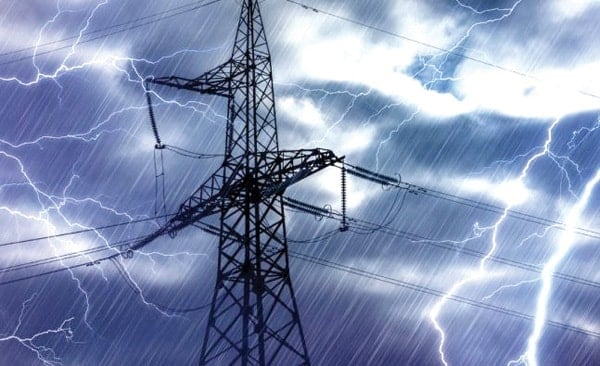
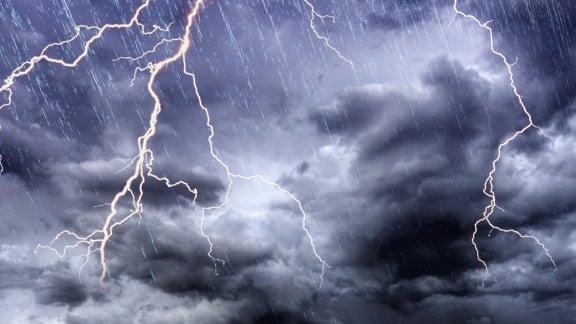
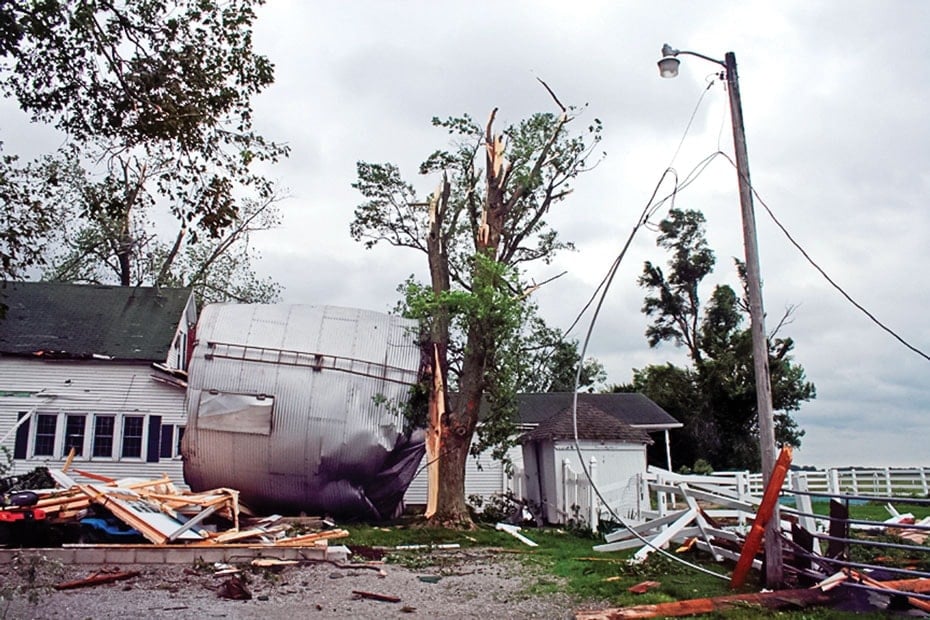



![[Photo] Ho Chi Minh City is brilliant with flags and flowers on the eve of the 1st Party Congress, term 2025-2030](https://vphoto.vietnam.vn/thumb/1200x675/vietnam/resource/IMAGE/2025/10/10/1760102923219_ndo_br_thiet-ke-chua-co-ten-43-png.webp)
![[Photo] General Secretary attends the parade to celebrate the 80th anniversary of the founding of the Korean Workers' Party](https://vphoto.vietnam.vn/thumb/1200x675/vietnam/resource/IMAGE/2025/10/11/1760150039564_vna-potal-tong-bi-thu-du-le-duyet-binh-ky-niem-80-nam-thanh-lap-dang-lao-dong-trieu-tien-8331994-jpg.webp)
![[Photo] Opening of the World Cultural Festival in Hanoi](https://vphoto.vietnam.vn/thumb/1200x675/vietnam/resource/IMAGE/2025/10/10/1760113426728_ndo_br_lehoi-khaimac-jpg.webp)
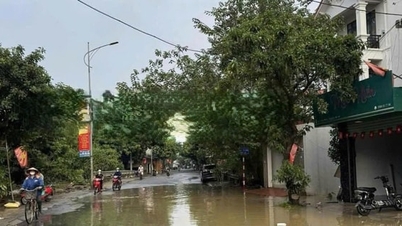

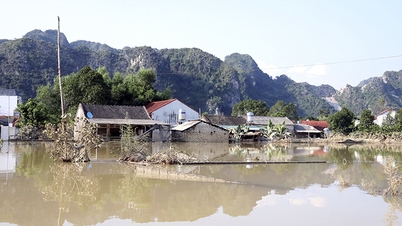







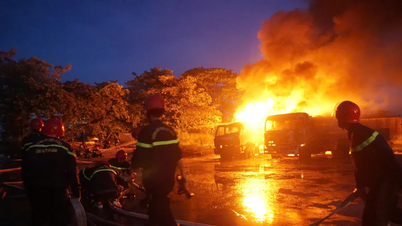







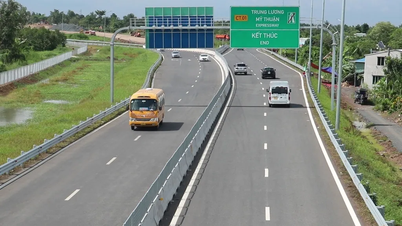












































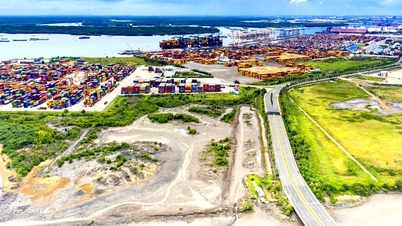



































Comment (0)